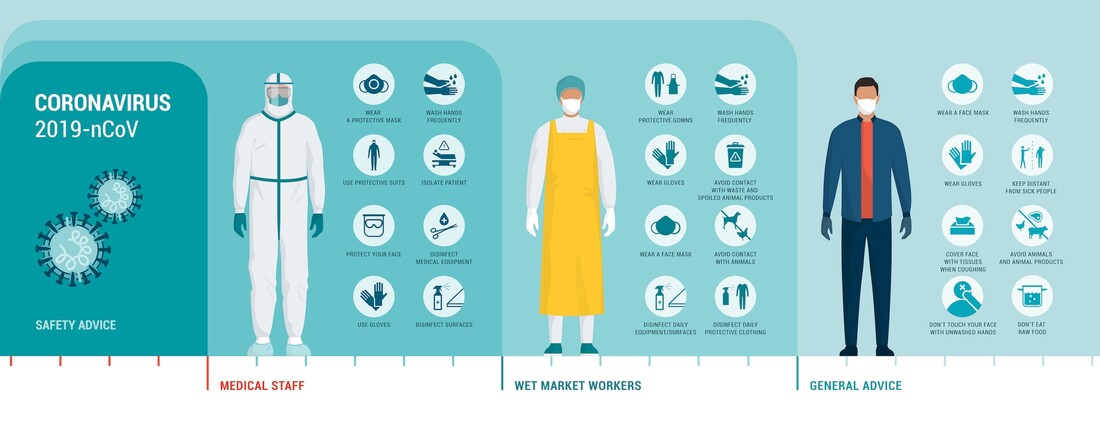Luckily, technology is on our side. With modern video communication tools, online tests & virtual recruitment tools available, this article will focus on how best to support your HR team during lockdown and how to ensure you do not miss out on talent that you will need to elevate your business long after lockdown finishes.
Why Should You Still Recruit?
While much of the media rhetoric has focused on the job losses and the struggles of small and large businesses up and down the country during this pandemic, your business may still need to fill positions. Whether you’re in need of the latest software developers, or you’re a restaurant-turned-food-retail-enterprise, fighting to survive, there are a multitude of reasons why you might be looking for talent.
But how can you onboard new staff when you exist in a world two metres apart, fretting over whether a journey is truly ‘essential’?
Video Is Calling...
We’re are all now too familiar with those peculiar jingles of a video call. Zoom, Teams, Skype, Facebook, WhatsApp... the list goes on and on. It’s time to grab this technology and maximise its use. Get your best interview questions ready and get the video interviews organised.
Yes, it might be a bit different than what your HR office is used to; no hand shaking judgements, office introductions. But during these unprecedented times, your new recruit will have to begin their working life with your company from the comfort of their own home, with their own device and communicating through video.
Holding interviews via video shouldn’t be much different to the real, in-person thing. While you may be worried that you could misjudge a person’s character by just a phone call, video provides the opportunity to correctly judge someone’s personality, monitor their body language and eye contact, and get a better grasp of their experience.
Online Testing
Depending on the advertised role, one or several video calls may suffice during your Covid-19 onboarding process. However, if you want some extra reassurance, you could investigate implementing some form of an online test. From sophisticated question and answers tests that have been pushed in the online application processes of large supermarket chains such as Lidl or Tesco, through to simple long-form answer forms where you can get an initial feel for the candidate, this will help your HR team to differentiate who you should take the time to video call and consider for the role, and those who may not be fit for the position.
Schools & universities have been quickly forced to implement online exam testing for students. Just like this, your business should consider online testing tools that could help you to identify the right recruits and aid your business during a post-lockdown period for your organisation.
Found the Recruit? Time to Onboard
You’ve successfully held the application process, video calls and online tests. Lockdown may have eased by this point, but most likely it will still not be safe to onboard this new colleague in the office. Time to onboard from home.
Ensure you have a structured plan in place. It is always a stressful process beginning a new job with colleagues you do not know and possibly new skills to learn. While your new staff member might have to worry about the morning commute, it is still crucial that you as a business can best support them during the lockdown.
Organise video calls with the people or teams that they will be working with; your colleagues should know they have gained a new staff member and be encouraged to help train them. Why not organised an evening Zoom quiz to help your new colleague get to know the others better?
Having an effective online onboarding plan in place will ensure your new recruit feels valued by their new workplace and has equal opportunities for training and development that they normally would have access to pre-coronavirus. They will feel much more comfortable when the time comes for lockdown to ease and a return to some form of previous working practices.











 RSS Feed
RSS Feed